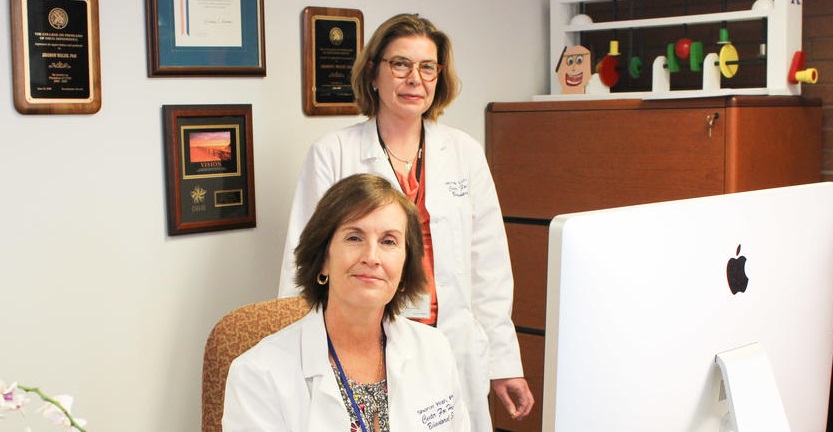UK research, programs aim to repair destruction from opioid crisis

Experts from UK on Thursday provided education, insight and information about the opioid epidemic to the UK Board of Trustees, campus leaders and community members. During the daylong program, faculty from the colleges of medicine, public health and nursing as well as various departments at UK HealthCare covered topics including prevention, treatment and harm reduction and highlighted programs that have been established to improve access to evidence-based treatment for opioid use disorder (OUD).
Dr. Sharon Walsh, director of the Center on Drug and Alcohol Research (CDAR) and professor of behavioral science, began the day by providing an overview and introduction to the opioid epidemic. Though the topic has been covered heavily in the news and many people have been directly impacted by opioid addiction, some still don’t know where and when the problem began.
Attendees had the opportunity to hear from three survivors who have been directly impacted by the opioid crisis. Alex, Dan and Healther spoke candidly about their experiences in active addiction and their paths to recovery.
How to approach the opioid epidemic
Targeting the opioid epidemic in various settings is key to ending the stranglehold of this disease on communities. The best approaches on how to do this were discussed by a panel that included Dr. Allen Brenzel, medical director for the Cabinet for Health and Family Services and associate professor of psychiatry and pediatrics at UK; Dr. Laura Fanucchi from the UK Division of Infectious Disease; Secretary John Tilley from the Kentucky Justice and Safety Cabinet; and Dr. Roger Humphries, chair of the UK Department of Emergency Medicine. The panel discussed how addiction medicine can be integrated into traditional healthcare settings, such as through the First Bridge Clinic and through the new UK Addiction Consult Service. Secretary Tilley focused on the criminal justice system’s role in providing care and opportunities for recovery: “We have to reframe this debate and move it away from the criminal justice system.”
As the director of CDAR, Walsh leads a team of faculty members who conduct research on various aspects of OUD. “Medicine should be practiced in an evidence-based way,” she said. Among CDAR faculty presenting were Dr. Michelle Lofwall, associate professor of psychiatry; April Young, associate professor in the College of Public Health; and Jennifer Havens, associate professor in the Department of Behavioral Science.
Information was also provided about how the opioid crisis affects entire communities and entire families. Through the Perinatal Assessment and Treatment Home (PATHways) and Beyond Birth programs, pregnant and newly-parenting women are given a chance. The programs incorporate the best practices in the field by adhering to federal guidelines for office-based buprenorphine treatment across the spectrum of care for women and providing a comprehensive treatment program for a highly vulnerable population with substance use disorders. Women and their families are supported and advocated for through continuous levels of care, ranging from intensive medical care to sustained recovery. UK HealthCare also has office-based opioid treatment programs, which link patients hospitalized with infections related to infectious diseases and chronic infections such as HIV. Dr. Agatha Critchfield, assistant professor of obstetrics and gynecology, and Kristin Ashford, professor and associate dean in the College of Nursing, discussed the programs' successes, the future and Beyond Birth’s upcoming expansion.
The opioid crisis is a multifaceted process impacting every aspect of society, Walsh said. "It’s disrupting families, economies, healthcare systems and communities, but through an approach targeted at expanding access to treatment, improving prevention efforts, treating opioid use disorder as the disease that it is and reducing rates of the infectious diseases associated with OUD, we can begin to turn the tide on this epidemic and heal our Commonwealth and nation."




